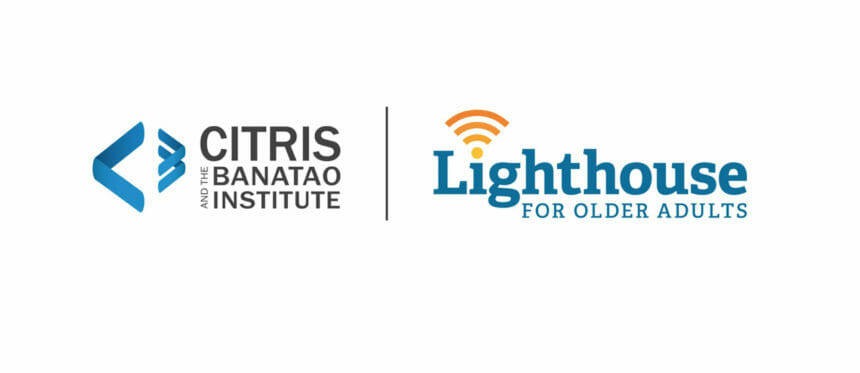
A public-private initiative is testing a project to bring technology-enabled health and well-being to low-income older adults in California during the COVID-19 pandemic.
Researchers at the Center for Information Technology Research in the Interest of Society (CITRIS) at the University of California launched “Lighthouse for Older Adults” to equip older residents of affordable housing communities with internet access, telehealth tools and digital literacy skills.
“Older adults in affordable housing communities are one of the most underserved populations affected by COVID-19,” said CITRIS Health Director and Lighthouse project lead David Lindeman. “They are especially vulnerable due to limited access to information, connection and healthcare services. The isolation caused by social distancing further exacerbates this challenge.”
The pilot, expected to roll out within the next few months, will serve more than 300 adults and launch in two communities in Sacramento and Los Angeles operated by nonprofit senior living providers Front Porch and Eskaton. Lighthouse will develop and deploy a technology-enabled ecosystem that includes internet access, digital hardware and software, telehealth technology, and community-based, peer-to-peer digital literacy training.
Lindeman said the two providers have experience in delivering telehealth and behavioral health services and a history of developing and testing innovative technology programs.
The project is a partnership with CDW Healthcare, Decimal.health, and the Healthy Aging in a Digital World initiative at UC Davis Health.
“We are working with our partner network to identify buildings that currently lack technology infrastructure, where residents have barriers to accessing health and social needs that can be addressed through technology, and that provide us with an opportunity to develop best practices for replication,” Lindeman told McKnight’s Senior Living.
After successful implementation at the two communities, Lighthouse will expand to four other buildings in the same communities. The project’s goal is to develop a strategy for replication and scaling for California and other parts of the country to improve health and overall well-being for the more than 1.6 million older Americans who live in affordable senior housing.
“Our ultimate goal is to reach as many underserved seniors as possible with telehealth, technology, internet access and digital skills,” Lindeman said.
Thomas Nesbitt, M.D., one of the leading researchers behind the Healthy Aging in a Digital World initiative, said residents of age-qualified affordable housing communities often lack broadband connectivity and technology, as well as access to high-quality healthcare options.
“Most older adults have one or more chronic diseases which require more integrated, continuous disease management. Technology-enabled models of care can play a significant role in addressing this need,” he said. “Our vision for Lighthouse is one that promotes older adult independence; increased social connections with family, caregivers and friends; and improved health and well-being that we hope will be held up as a model for other communities to replicate.”
CITRIS and UC experts will work with the Center for Connected Health Policy, a digital inclusion and telehealth policy research organization, over the course of the program to conduct research on digital inclusion policy, telehealth policy and congregate housing. The resulting telehealth policy white paper scheduled for fall, will lay out a roadmap for policymakers, affordable housing leaders and advocates for low-income older adults to continue and strengthen the momentum of telehealth beyond the pandemic.
Organizations interested in replicating the program can contact Lighthouse at https://citris-uc.org/lighthouse-for-older-adults/.




